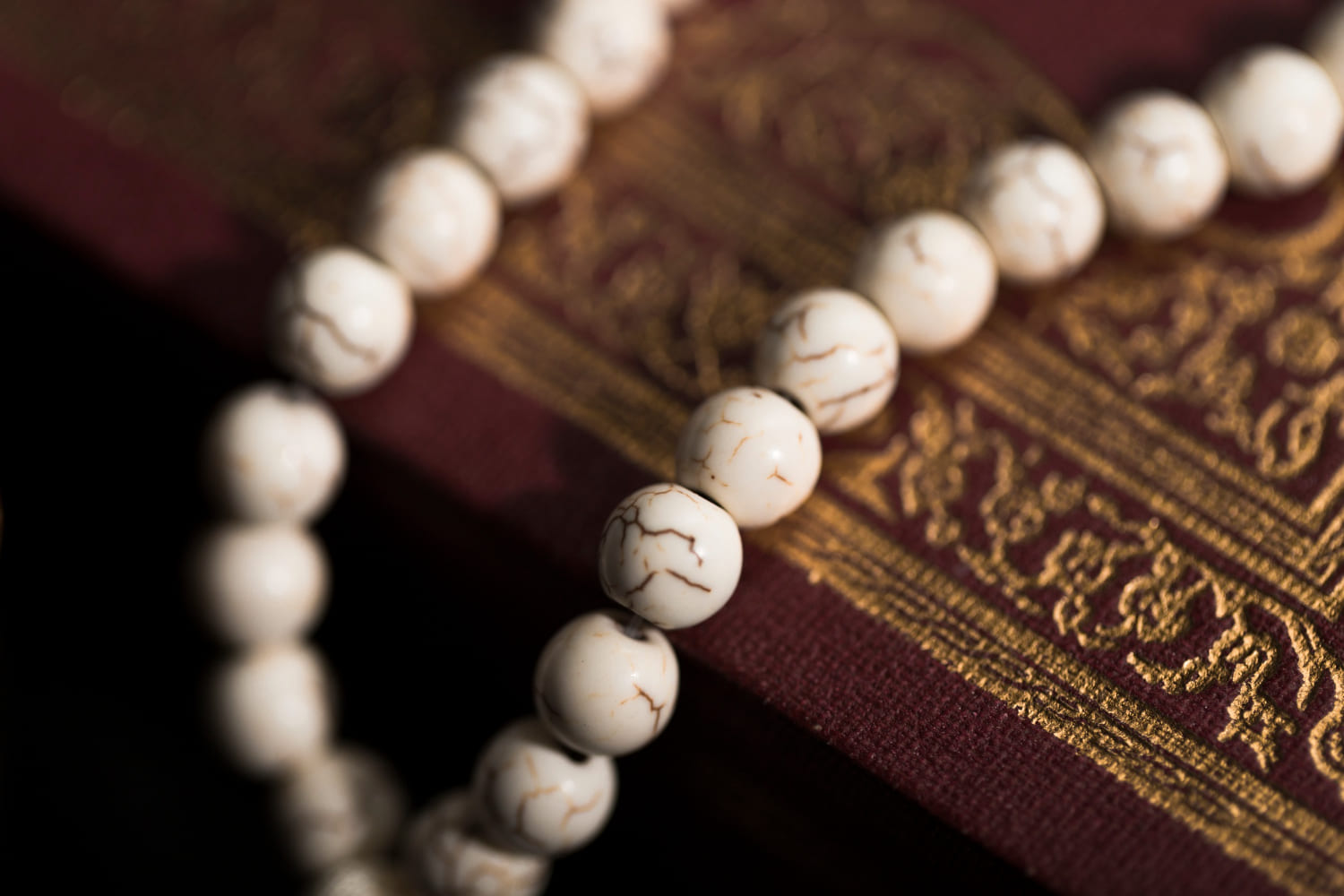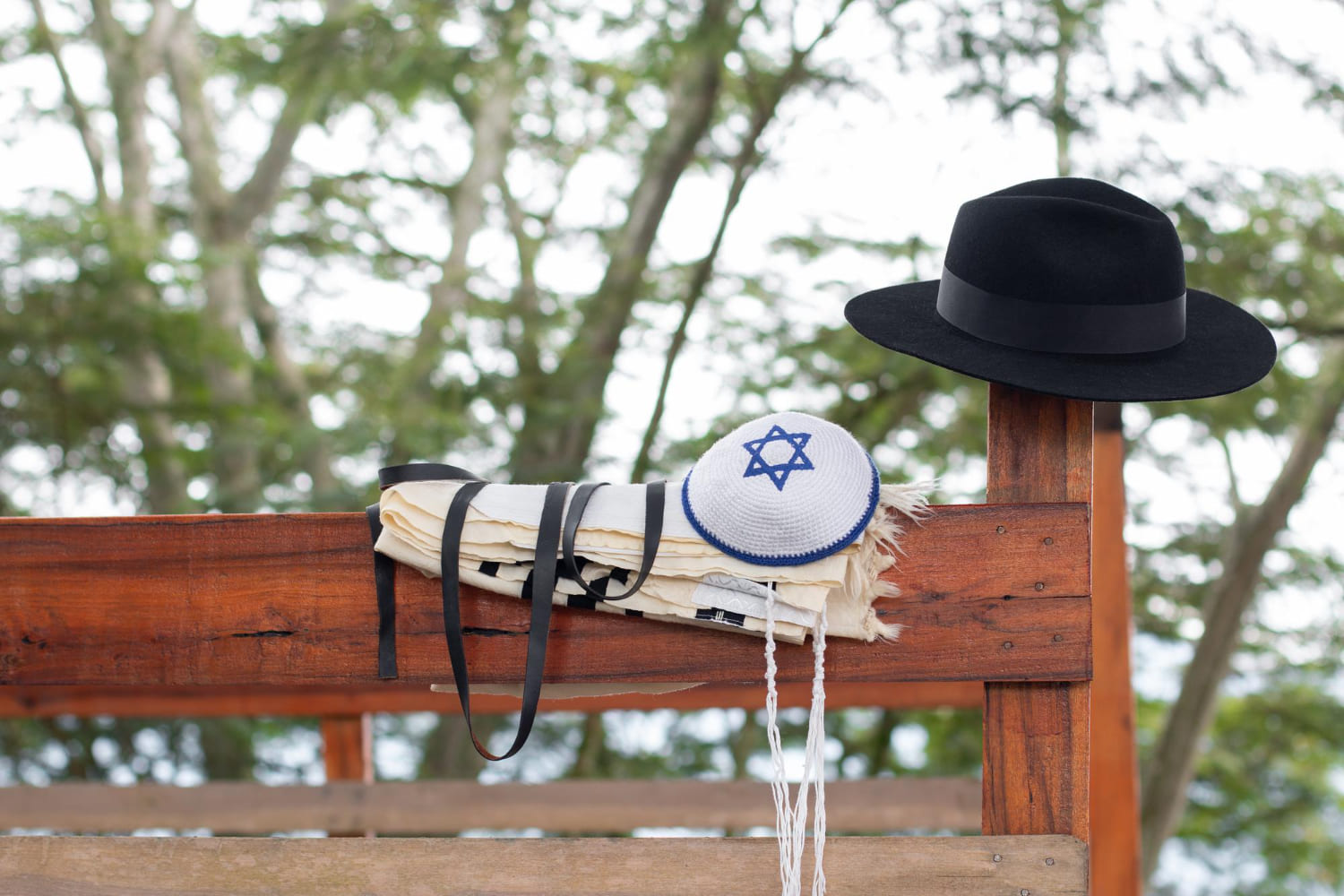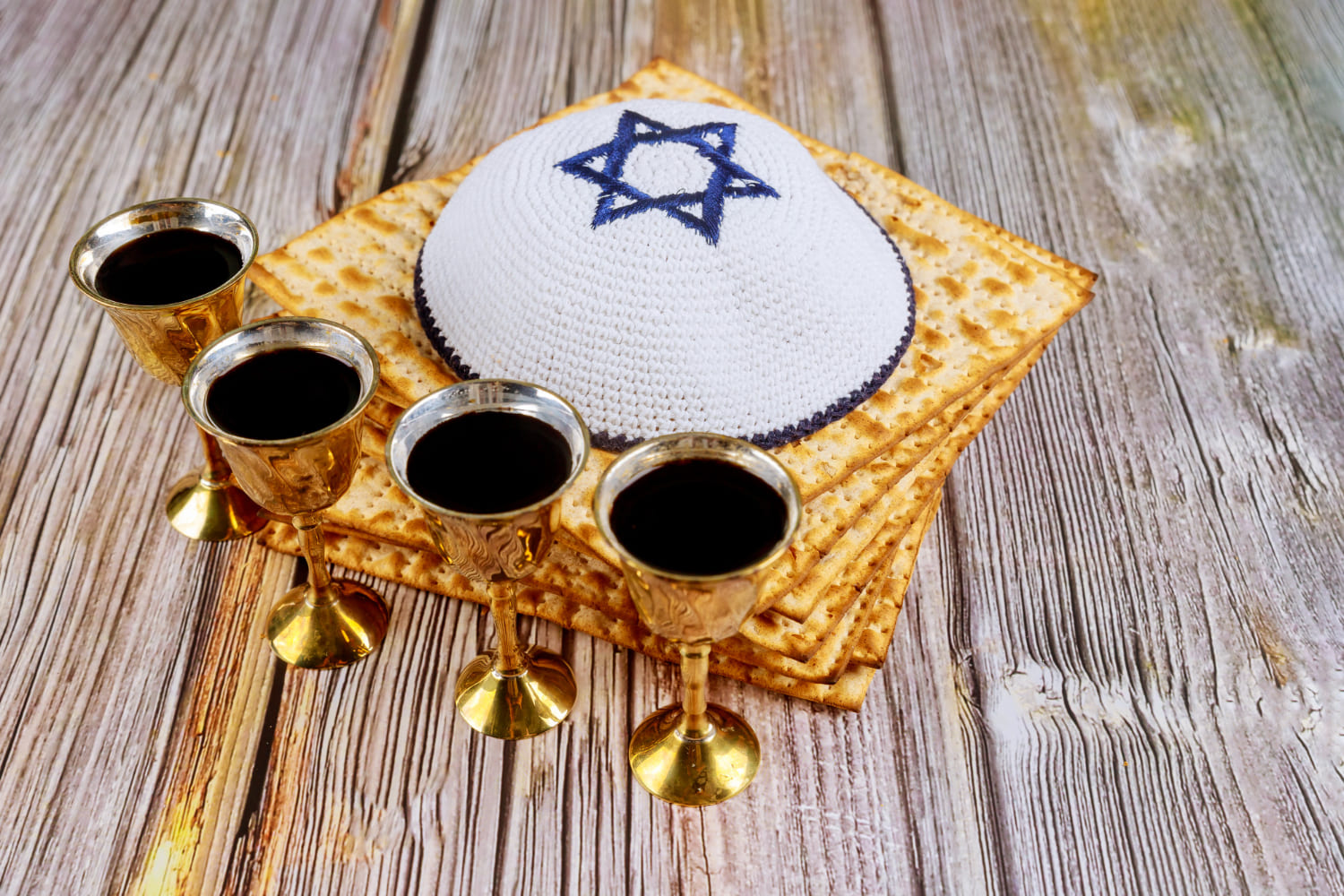Ashura is an important holy day for Muslims who observe the day with religious zeal and fervor. The day holds great religious significance for Muslims due to the historical events associated with it.
No, Jews do not celebrate Ashura; only Muslims do so. The day of Ashura doesn’t have any significance in Judaism; however, Jews do observe Yom Kippur.
Yom Kippur does share a number of historical and religious similarities with Ashura – which we’ll explain later.
Read on to find out more about whether Jews celebrate Ashura. Also, find answers to other related questions you might have on the subject. Happy reading!
Who celebrates Ashura?
Ashura is an important day in the Islamic calendar that holds significance for both Sunni and Shia Muslims. The occasion is celebrated on the 10th day of the Islamic month of Muharram by Muslims.
Shia Muslims observe Ashura through large demonstrations in public places and mourn the death of Imam Husayn, the grandson of Prophet Muhammad.
Imam Husayn ibn Ali was martyred during the Battle of Karbala in 680 AD.
For Sunni Muslims, the day marks the salvation of the Islamic prophet Moses and his Israelite followers who managed to escape the Egyptian Pharoah’s forces.
On this day, Sunni Muslims fast to celebrate this historic event but refrain from carrying out large-scale public processions of mourning as Shia Muslims do.
This doesn’t mean Imam Husayn’s death doesn’t hold significance for Sunni Muslims; they simply avoid public displays of mourning on Ashura.
How is Ashura celebrated?
For Shia Muslims, Ashura is a day of mourning since it marks the death of Imam Husayn.
Shia Muslims don’t exactly celebrate the day in a joyous manner due to the tragic nature of the historic event associated with it.
Rather, they partake in religious processions, mourning the death of Imam Husayn, and even engage in self-flagellation.
On the other hand, Sunni Muslims observe the occasion by fasting to celebrate the salvation of Moses and his Israelite followers.
In Sunni communities, religious ceremonies and sermons are held and large communal meals are arranged on the day.
Ashura in Judaism
The day of Ashura itself doesn’t hold any religious significance in Judaism as it does in Islam for Shia and Sunni Muslims. However, the day does share some similarities with Yom Kippur, the holiest day in Judaism.
In Judaism, Yom Kippur is observed as a day of repentance and atonement. Jews typically fast, offer prayers and seek repentance for their sins during the day.
Historically, Yom Kippur’s origins can be traced back to the salvation of the Israelites led by Moses from Egypt.
The historical background and religious activities observed during the day (fasting and seeking repentance) are some similarities that Ashura and Yom Kippur share.
Jews don’t celebrate Ashura. The day of Ashura is one of the holiest days for Muslims instead and holds great religious significance for both Shia and Sunni Muslims.
Instead, Jews observe Yom Kippur, which is one of the holiest days in Judaism.
As mentioned previously, Yom Kippur marks the exodus of Israelites from Egypt and is observed by fasting, offering prayers, and seeking repentance for one’s sins.
So while Jews do not celebrate Ashura, they do observe Yom Kippur, which is based on the same historical events as Ashura is for Sunni Muslims.
Do Jews and Muslims have the same calendar?
Jews and Muslims do not have the same calendar. However, both the Hebrew and the Islamic calendars are lunar ones, as opposed to the Gregorian calendar, which is a solar one.
Both the Hebrew and Islamic calendars have 12 months like the Gregorian calendar. The Hebrew calendar can be anywhere from 353 to 355 days long.
The Islamic calendar, on the other hand, is either 354 or 355 days long.
Final thoughts
Ashura is an important holy day in Islam that is observed by Shia and Sunni Muslims all around the world on the 10th day of the month of Muharram.
Jews do not celebrate Ashura but they do observe Yom Kippur, which has a similar historical background as that of Ashura.
Yom Kippur is one of the holiest days in Judaism and Jews usually fast during the day, offer prayers, and seek forgiveness for their sins.







